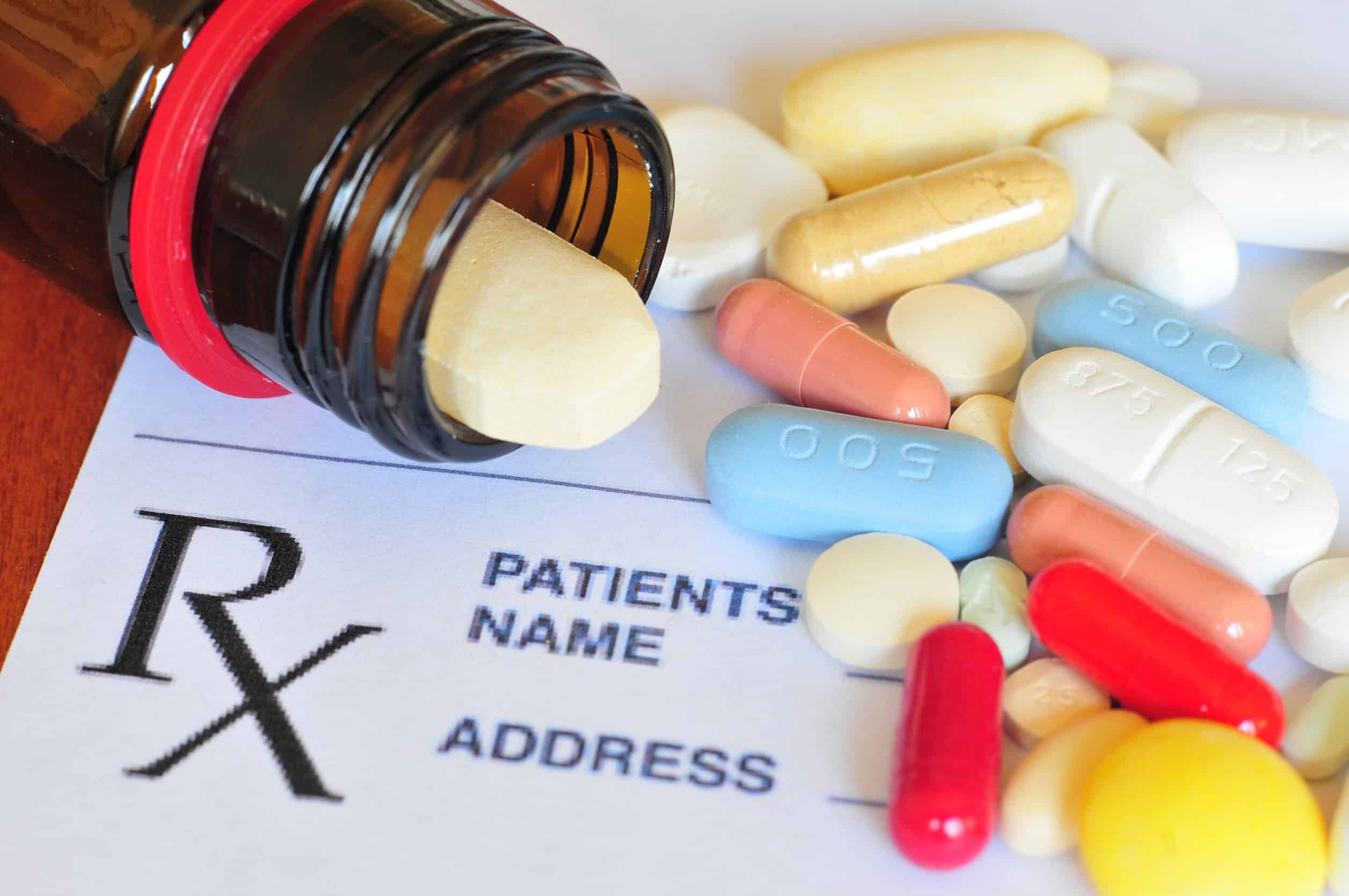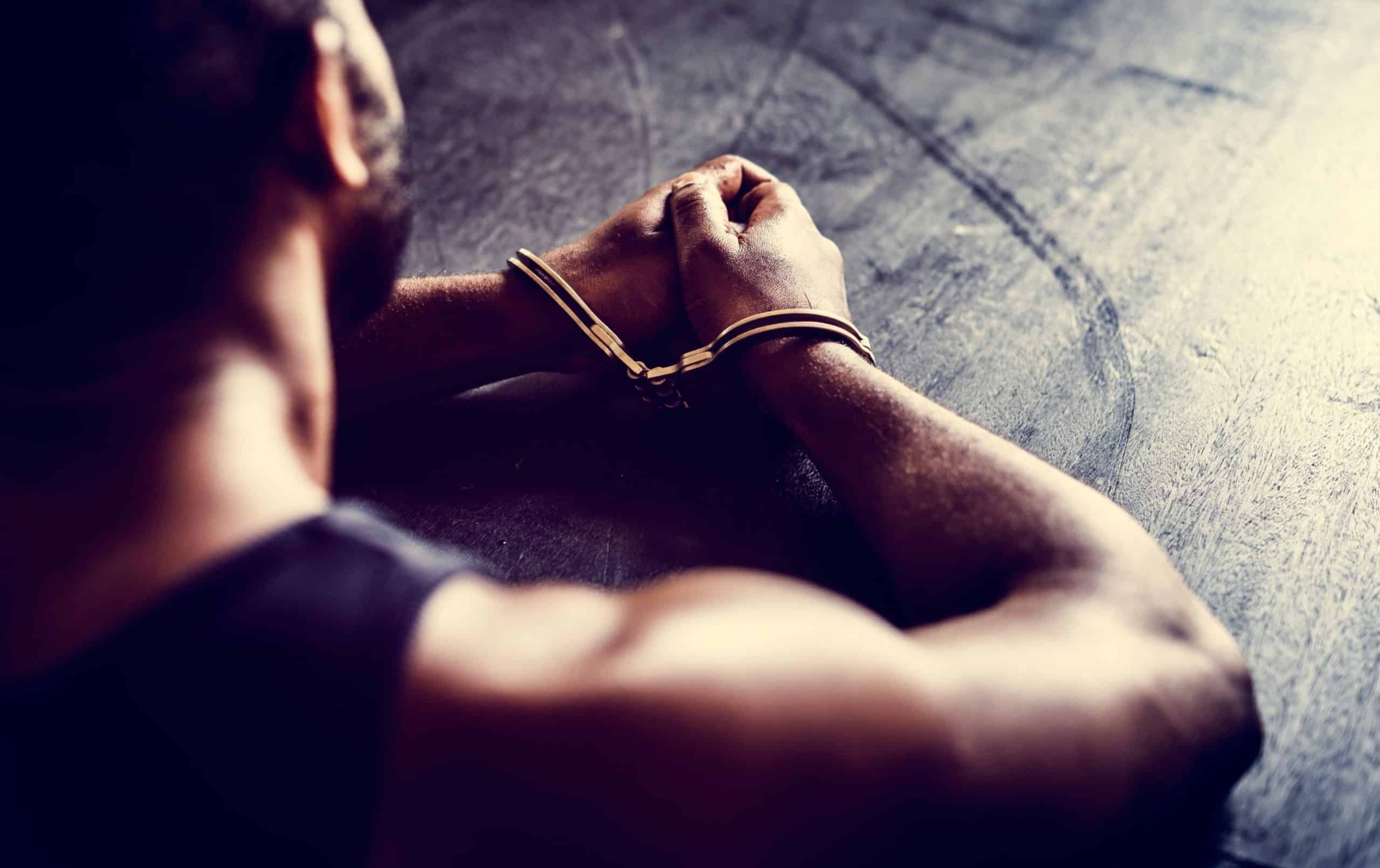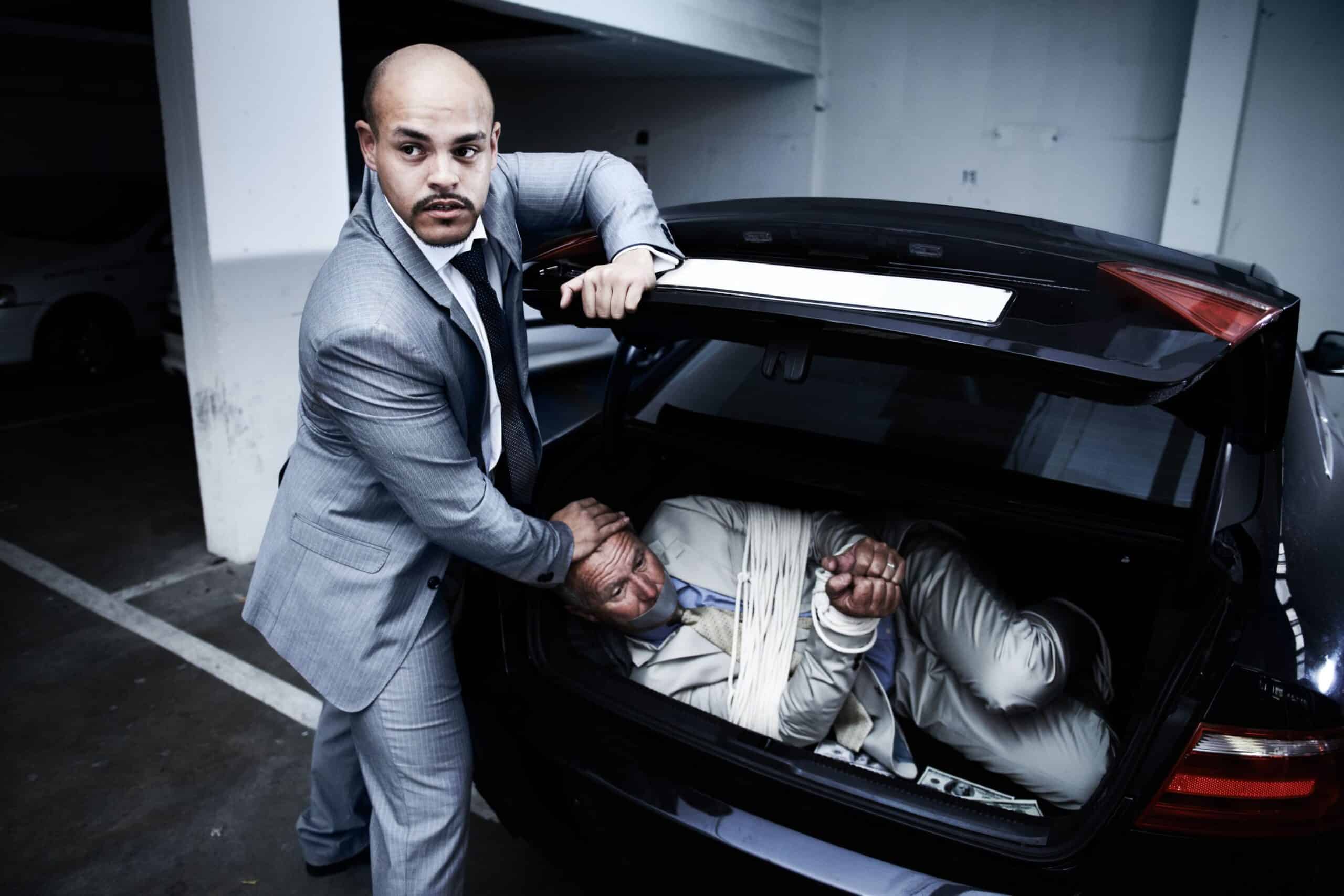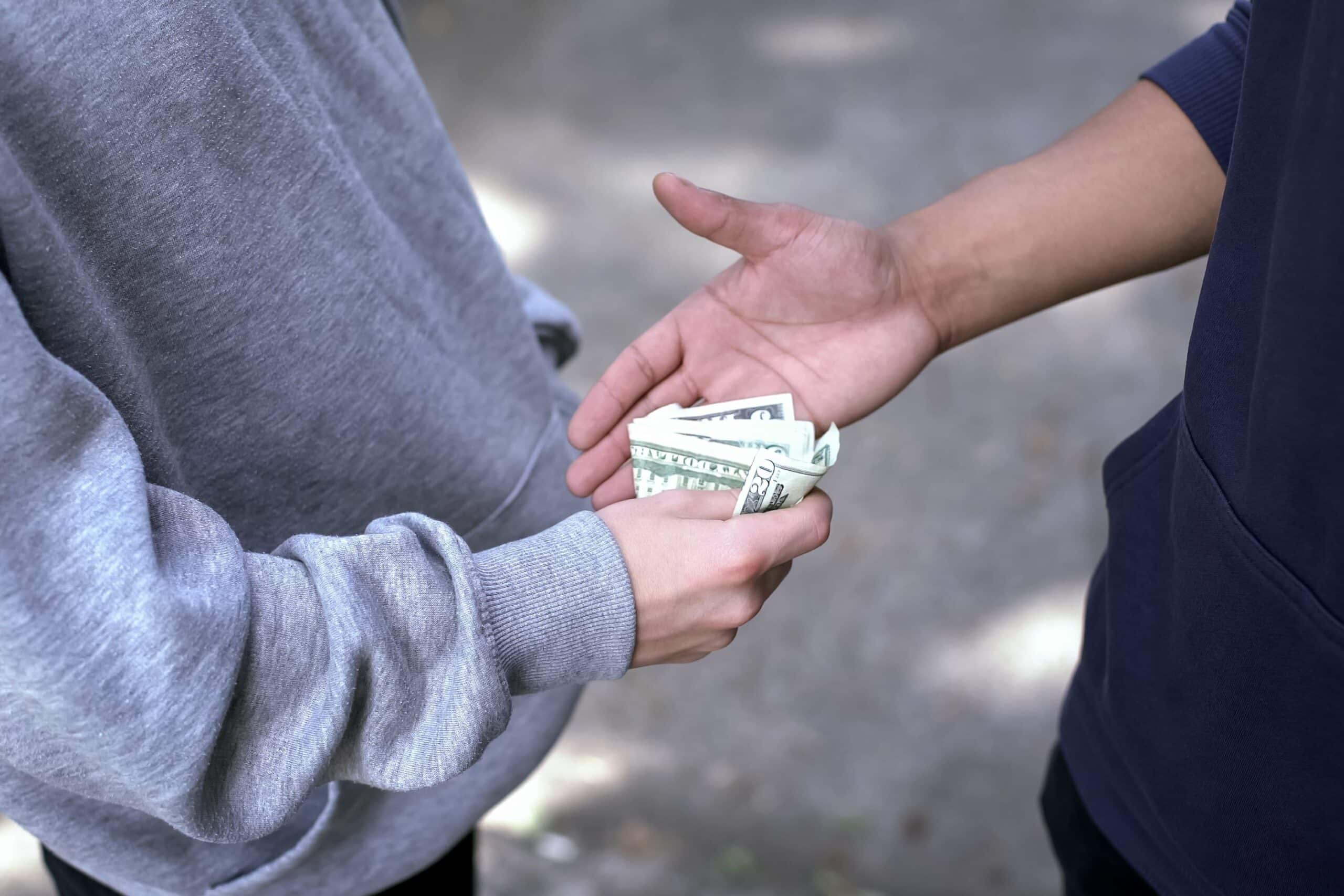When Do Legal Drugs Become Illegal in MN?

Andrew & Poole, P.A.
Every state has its own specific laws and penalties when it comes to controlled substances. In Minnesota, substances such as marijuana that are legal in other states become illegal once you cross the Minnesota state line.
It’s valuable for citizens to understand the drug laws in the state so that they can stay compliant, but it’s also important to understand that some drugs may start as legal but become illegal in certain circumstances.
So, when do legal drugs become illegal in Minnesota? Read on to find out.
What Substances are Illegal in Minnesota?
In our state, there are many substances that are considered controlled substances. These are chemicals or drugs that are illegal to possess or manufacture, and their use is regulated by the government. In most cases, these substances have a high potential for abuse.
A few examples of controlled substances in Minnesota that cannot be sold or possessed include substances such as:
- Heroin
- Methamphetamine
- Cocaine
- Hallucinogens
- Marijuana
If you are found in possession of these substances, then you can face criminal penalties that include incarceration and fines of tens of thousands of dollars. The penalties faced depend on the type of substance you were found in possession of and how much you had in your possession when you were arrested.
When Do Legal Drugs Become Illegal?
There are, of course, controlled substances that are legal to possess. In most cases, those who have prescriptions for these substances can legally possess them. Importantly, these substances are only legal for a person who has a prescription.
Unfortunately, there is a large black market for controlled substances such as opioids. This means that some people choose to sell their prescriptions to others, and that some of those who can prescribe these medications do so fraudulently.
For individuals with legal prescriptions, your identity could be faked, and someone could go around collecting prescriptions in your name. Or they may even steal the drugs from you. If the police make an arrest of a person who has prescriptions with your name on them, then they may assume you were in on it and you can be arrested too.
The bottom line is that some controlled substances have accepted medical uses and are therefore prescribed to people. For those with legitimate prescriptions, these substances are legal to possess.
However, selling these substances or someone faking your identity to obtain them makes these substances cross over into illegal territory and there can be criminal penalties involved.
What Specific Penalties Can Be Faced in Minnesota?

In the state of Minnesota, drug crimes are prosecuted to the fullest extent of the law. But the charges a person may face depend on your role in the crime – as the buyer, seller, or something else – how much of the substance is in your possession, and what your intent was.
For felonies involving trafficking or possession of a controlled substance, up to 25 years behind bars and fines of as much as $500,000 can be handed down by the courts. Selling prescription drugs to a minor or selling drugs in a drug-free zone is a second-degree felony.
If the police believe you had the intent to sell drugs, then you can face up to 15 years in prison and be responsible for fines of as much as $100,000.
If you’re facing drug crimes, contact an attorney as soon as possible.
About the Author:
A lifelong Minnesotan, founding partner Ronald R. Envall has spent his entire legal career fighting for the little guy, focusing on workers’ compensation, Social Security, and personal injury cases. He has been recognized by SuperLawyers as a Top Rated attorney in Duluth, placing him in the top 5 percent of all workers comp lawyers across the state. In his free time, Mr. Envall serves on the boards of several area government and nonprofit organizations and is a member of the Minnesota Association for Justice, which supports consumer rights.
















